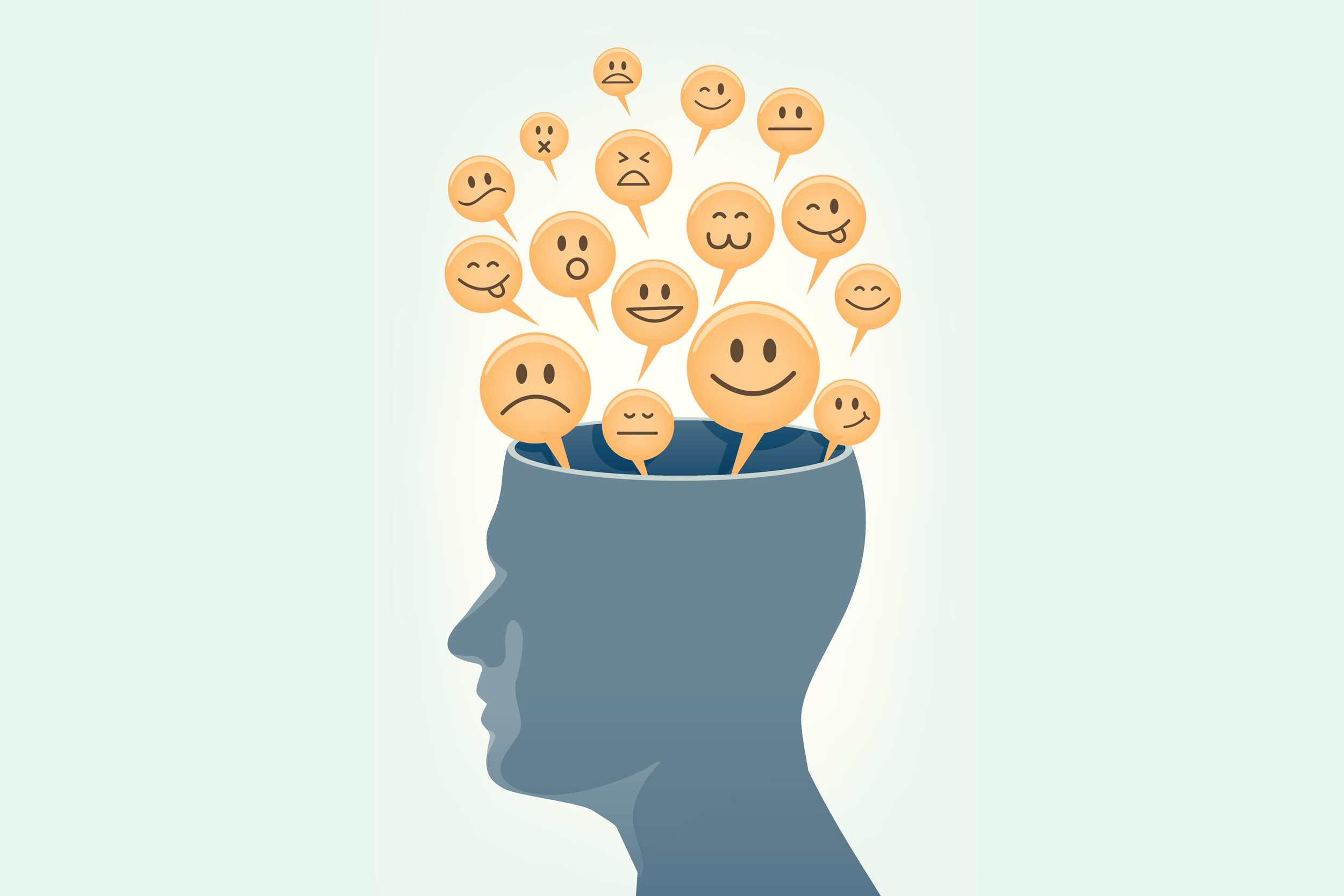Announcements
Welcome to Charms 301!
Please read the following FAQs before joining the class:
When will my assignment be graded?
Charms receives a high volume of assignments submitted each day, and our team is composed entirely of volunteers with real-world obligations. We will not prioritize your assignment over anyone elses. I ask that you be understanding and patient.
If you look in your gradebook, you will be able to see where your assignment is in the grading queue. If you notice that your assignment has not moved at all in the queue after a week, then you may message Professor Laurel or the Head Student, Britini, to look into the issue.
What do I do if I have a question about an assignment?
Please feel free to reach out to any of our PAs with your questions! Just remember: 1. PAs will never give you the answer to a question. They are here to assist you in completing your work; not to do your work for you. 2. If you have any questions or need help, it is always best to ask before you submit your assignment! Keep in mind: Blank answers are an automatic zero; it is better to always try your best!
If you have a question about an assignment that has already been submitted, please send a private owl directly to either the Head Student, Britini, or to Professor Laurel along with your Grade ID for the assignment (this can be found in your gradebook).
If you have any other questions or comments, please do not hesitate to reach out to Professor Laurel or the Head Student, Britini!
Lesson 5) Introduction to Mind-Affecting Charms
Don’t forget that we have our midterm this week! We’ll be covering all we’ve discussed about physical charms. This week we’ll also be delving into the mind just a bit. The mind is much more complex than we give it credit for, so the first thing we need to do is discuss exactly what the mind is.
What Is In A Mind?
Take a moment to consider your mind. Most of the time we just have thoughts and make decisions without giving any consideration about where those thoughts come from. The mind is extremely complex and very difficult to define. You can’t really see a mind (though there are a few spells that can reveal some thoughts or memories), you definitely can’t touch it, and in nearly all cases it’s fuzzy and indistinct.

The mind is also responsible for our emotions. We form our thoughts and opinions based upon the environment we are in and the people we interact with. When we meet someone new or learn something we didn’t know before (whether it’s a fact, someone’s opinion, or just an observation), that person or information is colored by our past experiences and information. For example, if I tell you to think about your favorite beverage, you’ll likely come up with one or two choices. What makes them your favorite? Was it a childhood memory when you enjoyed it? Do you like the taste? Does it have some nuance of flavor that other similar beverages don’t have?
In determining what makes that drink your favorite, you surely considered the things about it that you liked. It must have had some characteristic that made it more desirable than other drinks, whether it was the flavor or something else that made it special, or perhaps even that it was more healthy (in the case of water or a diet soda). You had to compare that drink to others to determine that there was something about other drinks that made them less worthy of being your favorite.
The point is that the mind is very malleable, like clay. We’re constantly re-evaluating the information we know or we think we know when forming new views and decisions. This also leads to our thoughts being colored, for better or worse. If you grow up around parents, family and friends who think that pureblood families are the only worthy wizarding families, you’re much more likely to hold that view yourself, despite evidence that Muggleborn and half-blood witches and wizards can be just as talented as the purest of pureblood, sometimes even more so!
How Magic Affects The Mind
There is a class of spells that are mind-affecting. That is, they cause some kind of alteration to the way the target thinks. This can have some very positive effects, boosting positive emotions or helping someone to overcome an issue that has been plaguing them. Some magical devices can also facilitate this process, helping to draw out, transfer, or view memories as they truly are.
However, spells can also destroy the mind. The same Memory Charm that can relieve a traumatic experience or protect someone can also be used to destroy or obfuscate important memories. Mind-affecting spells can also be used to alter our perceptions, as we discussed earlier. If someone removed all of your memories concerning the drink you liked and replaced them with an idea about how you enjoyed something like tea, you’d then be inclined to drink that. Most people using such spells for nefarious purposes go after things much more important than that, of course.
This year we’ll be discussing three different types of mind-affecting charms based upon what they affect. These are thought, emotion, and memory mind-affecting charms. Each class of charm affects the mind in subtle but distinct ways and we’ll be dedicating a lesson to exploring each.
Preparation
Before you learn potentially dangerous mind-affecting charms, it’s important that you are prepared to use them properly. Ordinarily you would just review the spell components and be on your way, but this set of spells requires training your minds in new ways. The following two exercises will help you control mind-affecting charms and are critical to helping you use them properly. Please practice them between now and our next lesson.
First, consider the emotions you’re feeling right now. Are you happy? Frustrated? Disappointed? Angry? Perhaps a combination of these? I would like you to choose an emotion and do your best to experience it for a moment. You don't have to focus or direct the emotion, like being angry at any given person, but simply bring to mind thoughts or circumstances that make you feel that way. Begin with happiness, recalling the things that give you the greatest joy, happiness and fulfillment in your life, and why they make you feel happy. After you've done that for a few moments, consider things that make you feel sad, then angry, then guilty. The goal is simply to recognize that we carry a wide range of emotions with us and that it's actually pretty easy to bring them to mind, even if we don't have a trigger (like receiving a birthday present or sitting an exam). Don’t spend too long on any one emotion, of course; we wouldn’t want you to feel overwhelmed. Instead, try cycling through all your emotions and their causes so that you can bring each of them to mind at a moment’s notice.

For your second exercise, please contemplate an old memory, preferably one from early childhood. Taking a little time every once in a while to remember the past is a great way to keep it in perspective, and some spells require the understanding of memories. Try to remember every detail you can about it without embellishing. Once you have it firmly in your mind, move on to another memory and do the same thing. Eventually, try to reach for the earliest memory you have and consider all of the details, such as when the memory was formed, what it was about, and why you remember this above all the other things that happened at that time. It's not necessary to complete these exercises, especially if there are issues you'd rather not remember, but memory is nonetheless a pretty remarkable thing.
Other Thoughts
As we discuss the mind, we’ll also talk about some of the prevailing theories about how the mind works. I'd like to leave you thinking of a few very interesting questions. What is the origin of knowledge? How do we gain new knowledge? Is there an infinite amount of knowledge and, if so, why do we bother trying to learn more? We’ll touch on these questions as we delve into the impact of magic on the mind.
This week we have the midterm examination! You’ll be tasked with completing a series of multiple-choice, true/false and a few short answer questions for Part A. In Part B you will have a (relatively short) essay to complete. Good luck!
Image credit: Susan Dafoe-Abbey, Harry Potter Wiki
- CHRM-201
Enroll
-
Britini
Head Student
-
Will Bryce
Professor's Assistant


